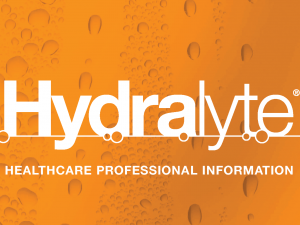Academic pharmacist Nataly Martini provides key information on Helicobacter pylori pathophysiology, diagnosis and evidence-based treatment strategies to enhance patient outcomes
More people to get mental health training than ever before
More people to get mental health training than ever before
As many as 12,000 people will get training over the next four years in a major boost for those seeking help for mental health and addiction issues.
The Health Minister today visited Le Va in Manukau, one of the first organisations to receive additional funding as part of the Government’s plan to rollout frontline services nationwide to support people with mild to moderate mental health and addiction needs.
“As a country we’ve neglected mental health and wellbeing for too long. We know we need to do more to support people in distress, and we are,” David Clark said.
“We’re making a record investment in free mental health services so that people can get the support they need, when they need it.
“To deliver that we need to invest in our mental health workforce, including more trained community based workers.
“As a first step, we’re using a four-pronged approach to strengthen our mental health workforce so they can help people tackle mental health and addiction problems early rather than waiting until those problems worsen,” David Clark said.
Mental health and addiction workforce initiatives include:
• More than tripling the number of people in community organisations, such as clubs and sporting organisations, who can undertake the Mental Health 101 and Addiction 101 programmes which are routinely booked out. There will be more than 8,000 extra places available over the next four years.
• Upskilling 350 nurses who will receive training to offer mental health and addiction assessments, advice and referrals where required, to people when they visit their GP.
• Starting new training programmes for health coaches and health improvement practitioners. These new mental health workers will work alongside a primary health care team to provide mental health support and link up with community services and more specialised support.
• More than doubling our cultural competency programme with 3,500 more places to ensure Māori and Pacific people receive culturally appropriate support when they need it.
David Clark said all this extra training will make it easier for health workers to identify when people could benefit from more support.
“Right across the country there will many more people who can provide help and support to people in distress. That means more people will get the help they need earlier – and without having to wait.
“The more people who know how to identify when someone is in need, and understand how to have a conversation that leads to someone getting help earlier, the more likely we are to break the cycle and prevent someone reaching a crisis point.
“That’s the sort of support we need to see in communities up and down the country.”
In September the Ministry of Health called for Requests for Proposals for $30 million worth of new frontline services. Those proposals are currently being assessed, with new services expected to be contracted and starting from next year.
“We’re developing a range services. We need tailored support for Māori, Pacific peoples, rural communities, LGBTQIA+, youth and others – and we’re working with those communities so that we get services that work.
“That will take time, but we are getting on with job because it will mean better health and wellbeing for more New Zealanders,” David Clark said.




